
Sometimes, I wonder what the most viewed piece of immersive theatre is. Sleep No More, 2011’s foundational hit, still brings in the crowds here in New York City and at its twin in Shanghai. A less obvious choice comes to my mind though, masked as a different sort of entertainment: The Haunted Mansion.
Walt Disney’s spookhouse can be found, in various forms, in Anaheim, CA; Orlando FL; Tokyo; Paris; and Hong Kong. I think that taken in aggregate The Haunted Mansion may be the best commonly experienced piece of immersive theatre. While certainly not the epitome of the art form, as far as something that wide sample of “average” people the world over have experienced, it succeeds on all fronts. There is a walkthrough pre-show famous for its illusion of a vertically stretching room and scenes of terror hidden behind occasionally translucent scrims, followed by a “dark ride” through a creepily immersive environment, and voice actor Thurl Ravenscroft chewing on some fittingly spooky narration and singing along to the melodramatic organ music that’s ubiquitous to the haunted house genre. The Haunted Mansion alchemically compresses the full essence of a joyful Halloween fright into a trim seven-and-a-half minutes. I contend that it is a master class in all elements coming together to support a theme. The genius becomes apparent in realizing how efficiently it works within its timing; in less than ten minutes, the ride to fully transports you and invokes every aspect of its “Ghosts and Goblins” aesthetic.
The recent immersive theatre show Campout, staged in New York City, works a similar magic to The Haunted Mansion but on a millionth of the budget. It captures that same feeling and scales it down to two actors, two audience members, and a tent; the intimate experience of four people “camping” in a tent is somehow elevated it to a lasting, emotionally impactful journey.
Let’s talk about the theme of “camping” for a minute. There’s dozens of conflicting, disparate activities and emotions that are conjured up by the mention of camping: the comfort of junk food by flashlight around a warm fire; the beauty of nature; the unknowable terrors that lurk in that same nature in the dark of night; the tingle of a ghost story told by the campfire. And that’s without even diving into any cultural and personal baggage associated with camping itself. Mass media leverages the image of camping in everything from horror film nightmares to nostalgic, end of summer and coming-of-age rituals. A simple activity on the surface, “camping” is a nuanced enough theme for any attempt to capture in its totality to be absurd.
And yet, Campout just works, in the dingiest venue imaginable, located next to the tourists shouting in the bar as they wait for an off-off-Broadway parody musical to begin. Campout rose to be one of my favorite immersive experiences of the year, a show that only eight people got to see (four shows of two audience members each). Creators Kevin Michael Wesson and Maddison Wise have distilled, within a scant thirty minutes, the pure essence of camping, and then manage to use it as a springboard to a larger conversation.

“Hey Blake!”
Kevin addresses me by name. (He and Maddison always addressed the two of us in the audience by name.)
“We’re going to put the blindfold on. We’re going to take you in, and lead you through a guided exercise. You’ll touch some things, and then we’ll lead you into the main performance venue. We won’t jump out, we won’t leave you, and we won’t scare you. Is that okay with you?”
I almost didn’t believe him.
I have seen enough of these kinds of shows to know what to be suspicious of. So, in a state of disbelief — particularly considering the show’s insistence on all promotional materials that it was for “A Brave Audience of Two” — I put it on. I grimly resolved myself to an evening of having someone yell “Boo!” in the spare closet of the theater. Being “brave” here meant trusting them. Putting a blindfold on in any immersive piece is scary. With a fanbase that overlaps with much of the haunted house industry, it feels like inviting trouble the minute you put one on. But then, something surprising happened: they told the truth. As they continued to explain, step by step, what was happening, and then it came true, I was able to trust them. (The thing that strikes me, more than anything, about Campout was the affirmative consent that drove the entire piece.)
Get Blake Weil’s stories in your inbox
Join Medium for free to get updates from this writer.
SubscribeSubscribe
First, a guided meditation meant to bring us into the setting of a dark, but comfortable, forest worked beautifully. The relaxing scent of lavender drifted in and then faded away as our focus shifted to “being in the woods,” with the ambient sounds of rustling trees and howling wolves in the distance. We also felt the crinkle of leaves covering the ground, and reached our hands into the hollow of a tree to touch a bird’s egg. Almost no budget to speak of, and we were fully transported to another world. I was out of reviewer mode, and back to being nine years old in the woods with my Cub Scout troop.
No one jumped out at us. No one left us alone and scared. And now that we trusted the creators, we were theirs. They could put us in any emotional state they wanted. The stage was set for the show proper. Now the tagline made sense; we were brave because, by trusting them and following their carefully laid plans, we became more vulnerable.
Guided to the tent, and then disoriented, our blindfolds were removed. This was the world of the show, effectively separated from the outside world through the liminal space the meditation created; we entered, finding the tent to be cozy, filled with blankets, snacks, plushies, and camping supplies.
We giggled as the four of us swapped stories over Chex Mix and Capri Sun, and curled up with our blankets, holding stuffed animals and flashlights. We gasped and shuddered at the best puppet show I’ve ever seen, a ghost story projected in shadow on the side of the tent with tinny cassette players whispering narration as ambient music played.
And then, we broke off into two pairs: one audience member and one performer each.
I was left alone in the tent with Maddison, both of us lying on our backs, watching shooting stars projected on the ceiling of the tent. That’s when the make-or-break scene came: the request to introspect, and share a secret, during our one-on-one.
In most shows, I resent this emotional request. It feels like I’m being prematurely pressured into intimacy, or forced to let my personal thoughts and secrets do the heavy lifting of giving a show meaning. Here, though, it works beautifully. Campout is about the way shared experiences create a bond, and how those bonds both force us and encourage us to be brave at the same time. Maddison and I had been through an “emotional campout,” however short it was. It was time to test the bond that was created, and yes, that bond let me be brave.
None of this would have been possible if my trust in the creators had been shaken at any point.
I’m not ashamed to say I would have made something up to escape the scene, if I had felt uncomfortable; that’s my usual response to being pestered for a secret in an immersive experience. With our shared trust continually reaffirmed throughout the piece, I was able to have a moment of genuine intimacy that I wouldn’t have thought possible in such a short period of time.
Not that Campout isn’t scary or surprising! On the contrary. During the shadow puppet show, I jumped and shivered and sweat bullets at exactly the moments Kevin and Maddison wanted. Elements were rapidly introduced and reinterpreted, making Campout a constantly twisting, surprising experience. They sacrificed nothing to keep the trust they’d already built with the audience. Balancing trust versus the elements of surprise and scare is not a zero sum game in experiences; like camping, or The Haunted Mansion, immersive theatre can be both a little scary and a little fun when you know the broad strokes of what you’re getting into. Violating that trust is a Faustian deal: you will almost always lose more than the apparent gains.
I wish Campout could have been seen by more people, in a location further away from Times Square. But Kevin and Maddison have places to be; they’ve recently relocated to Chicago, and promise new works to come. However transient the experience was, the bond created during this thirty minute immersive show lasted. I have faith Maddison will continue to guard the secrets we swapped in the dark tent, just as I have faith that Kevin and Maddison will continue to build spectacular worlds and the swiftly formed but everlasting relationships they create.
Campout has concluded.
NoPro is a labor of love made possible by our generous Patreon backers. Join them today!
In addition to the No Proscenium web site, our podcast, and our newsletters, you can find NoPro on Twitter, Facebook, YouTube, Instagram, in the Facebook community Everything Immersive, and on our Slack forum.
Office facilities provided by Thymele Arts, in Los Angeles, CA.


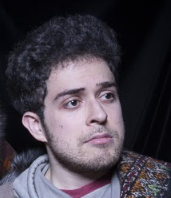
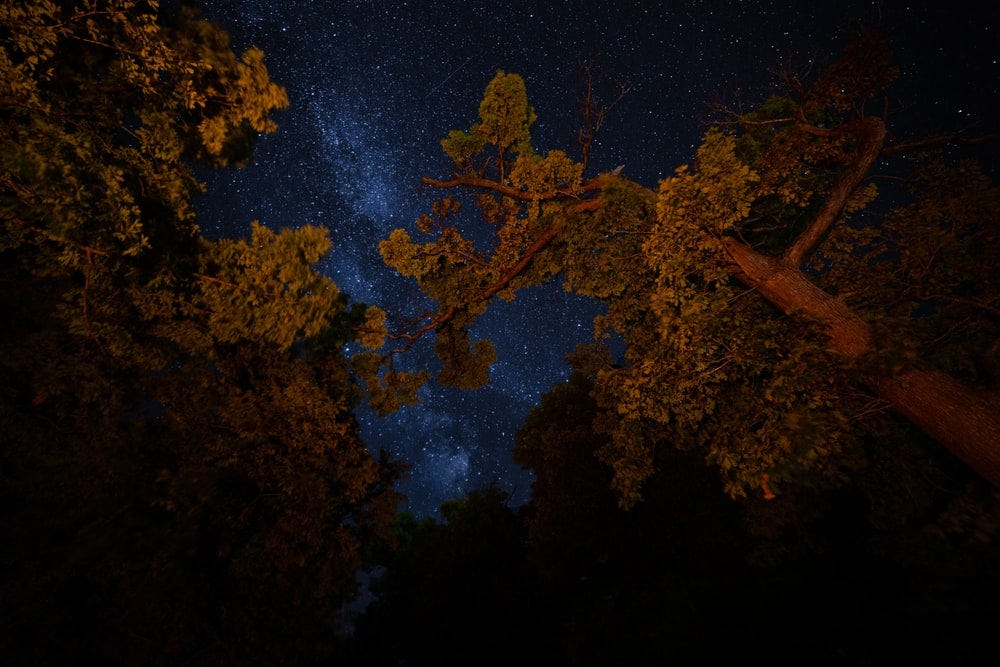





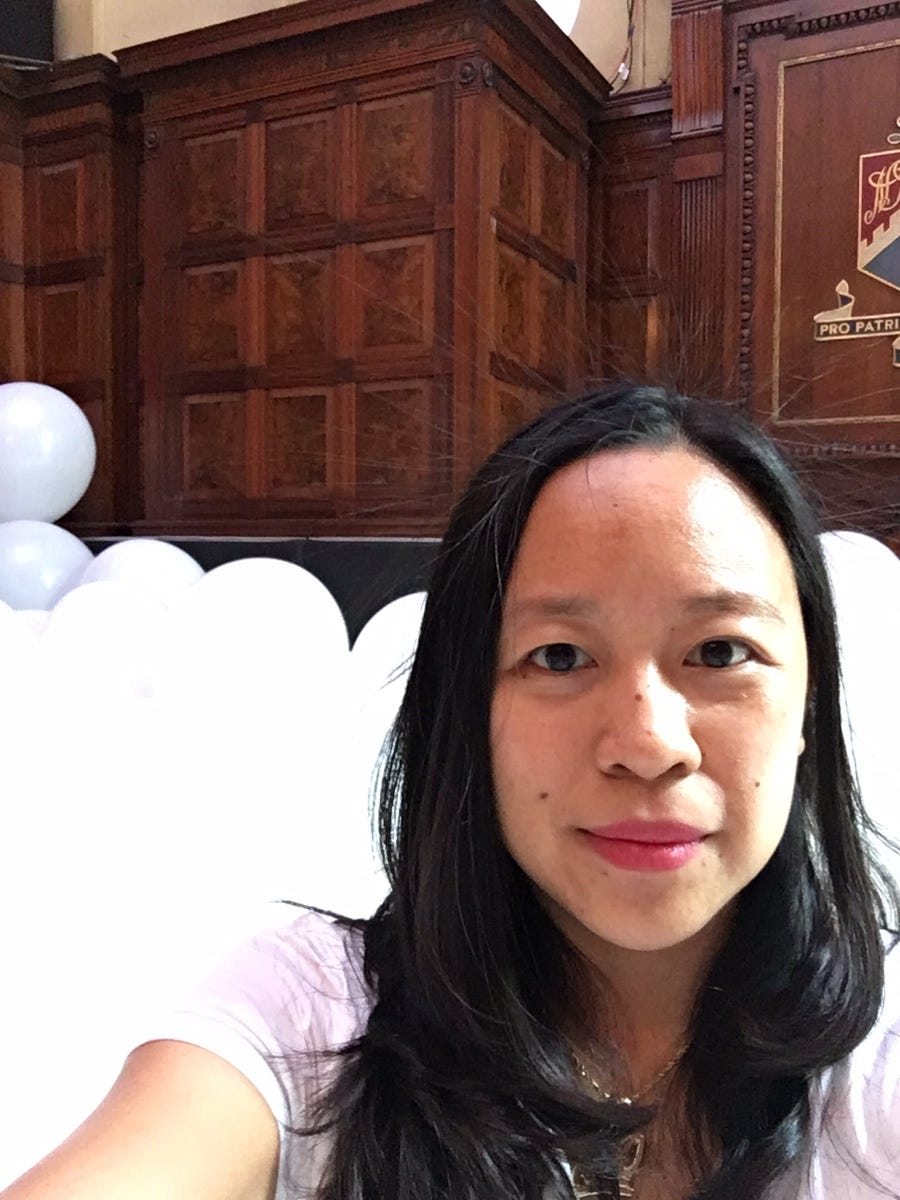
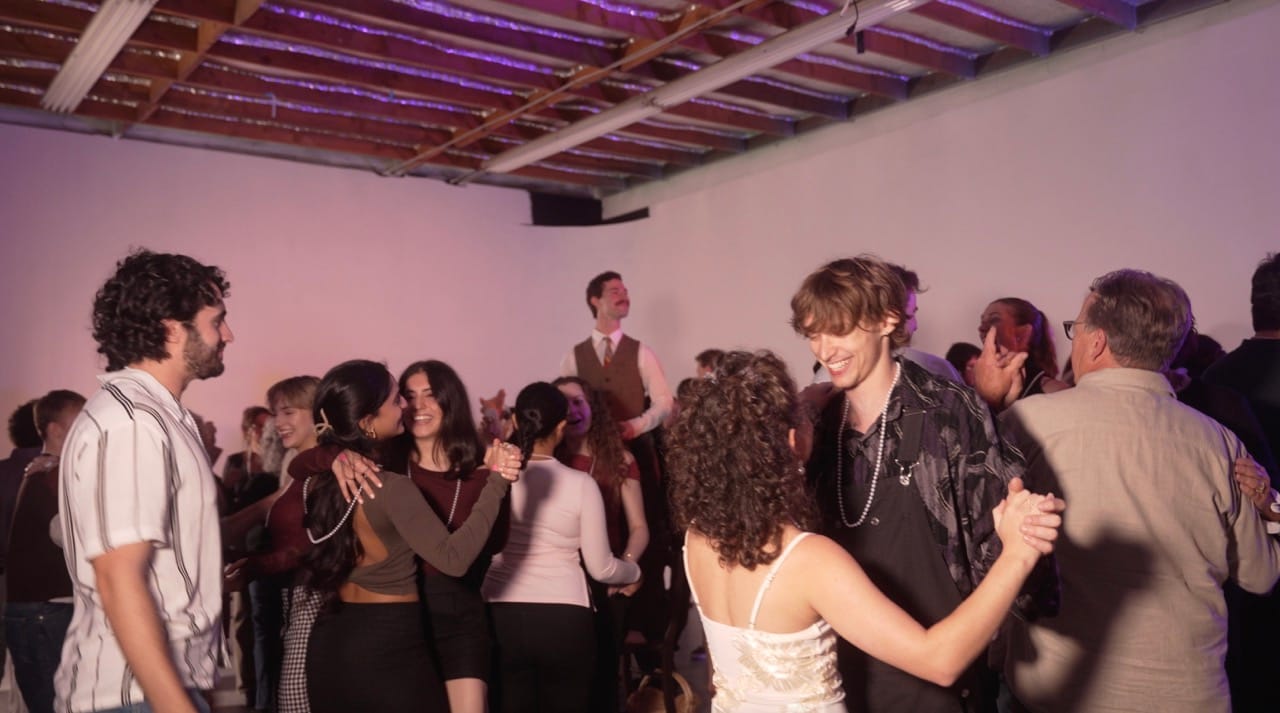
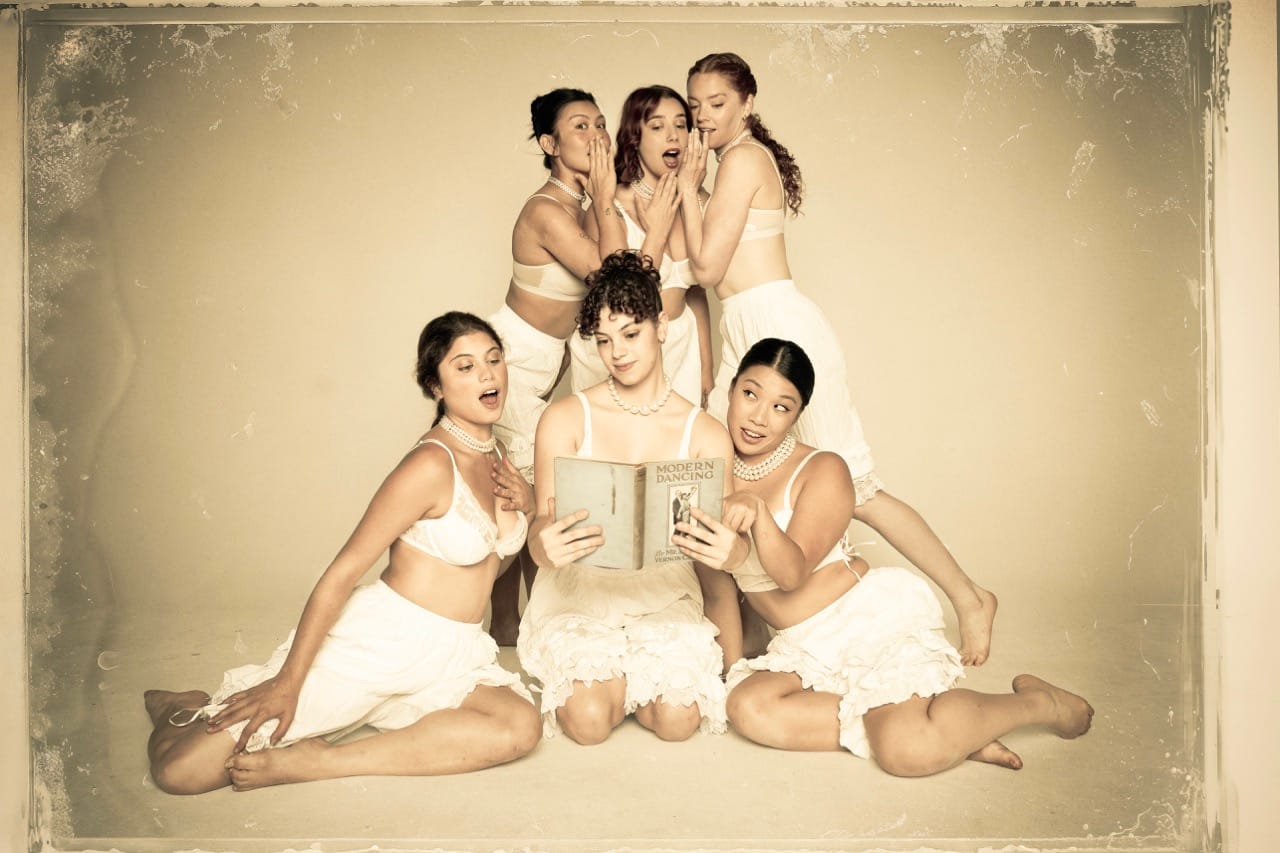
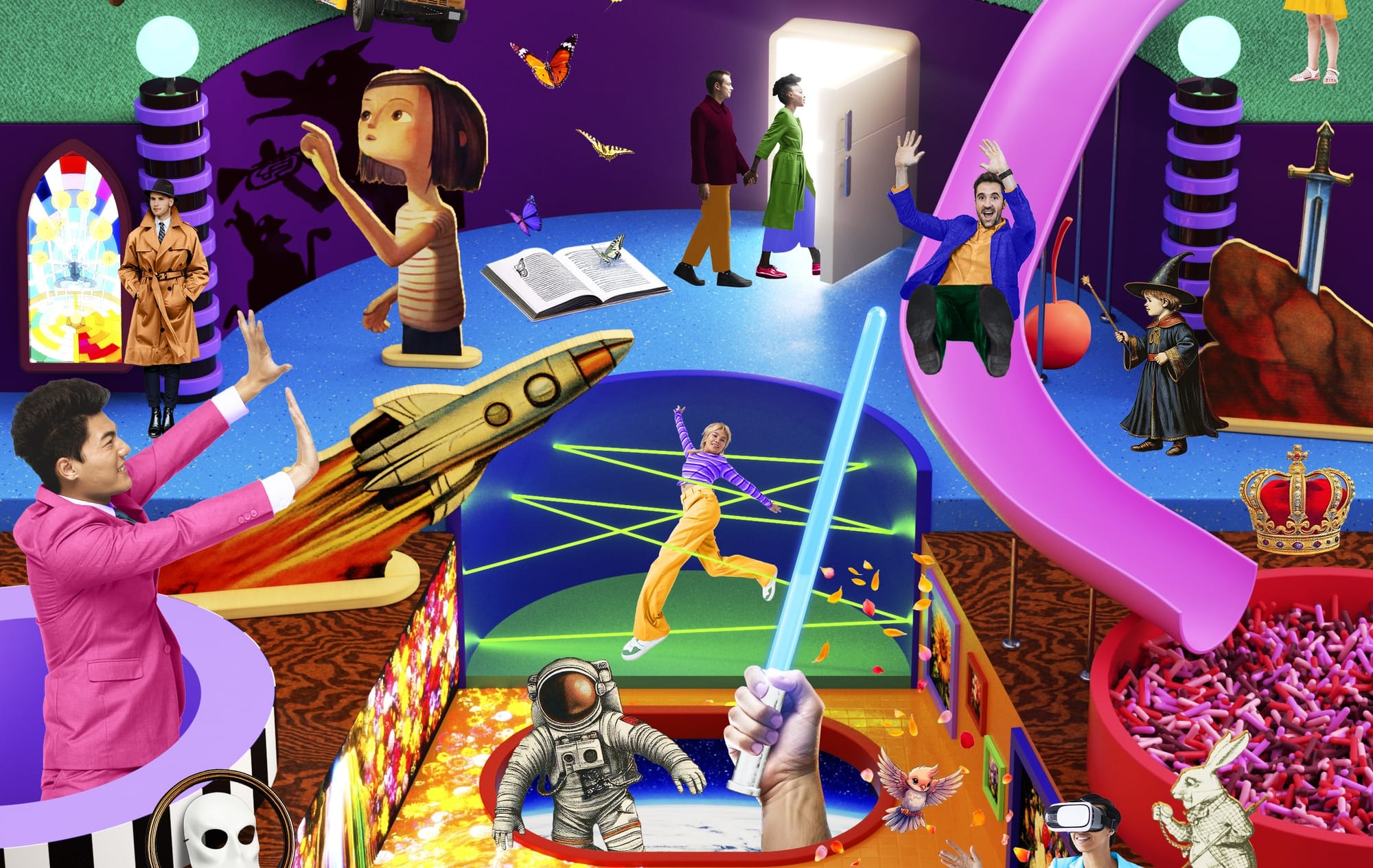
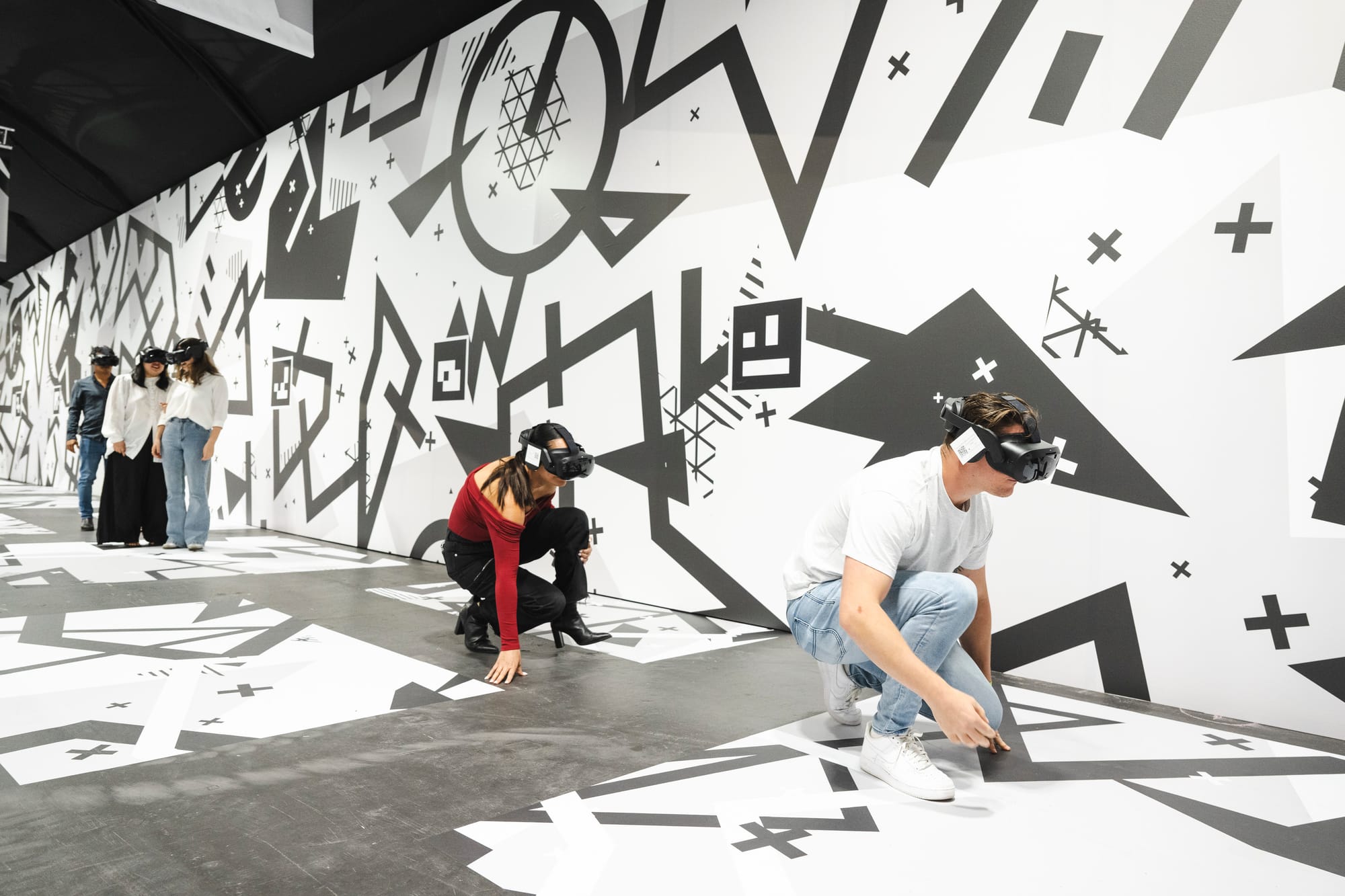
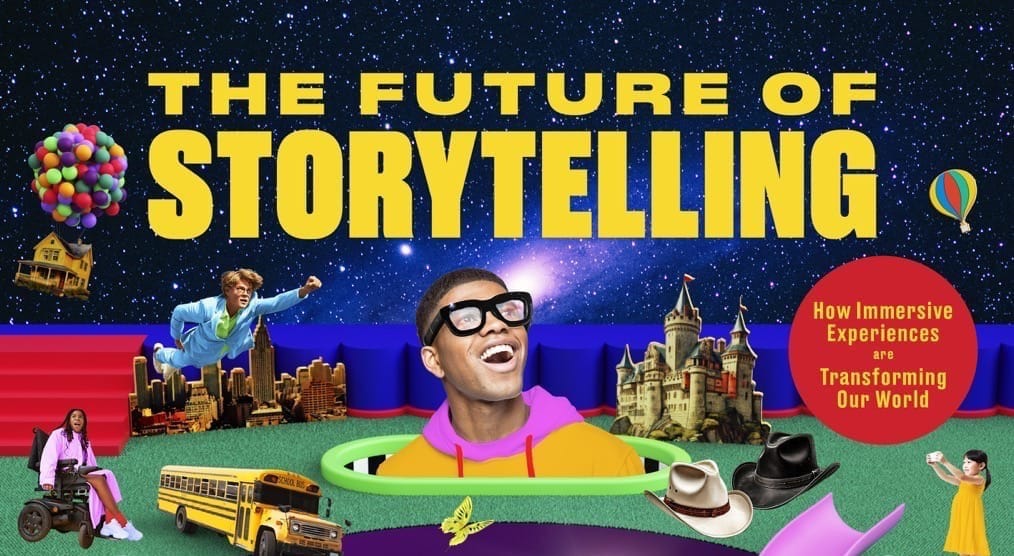

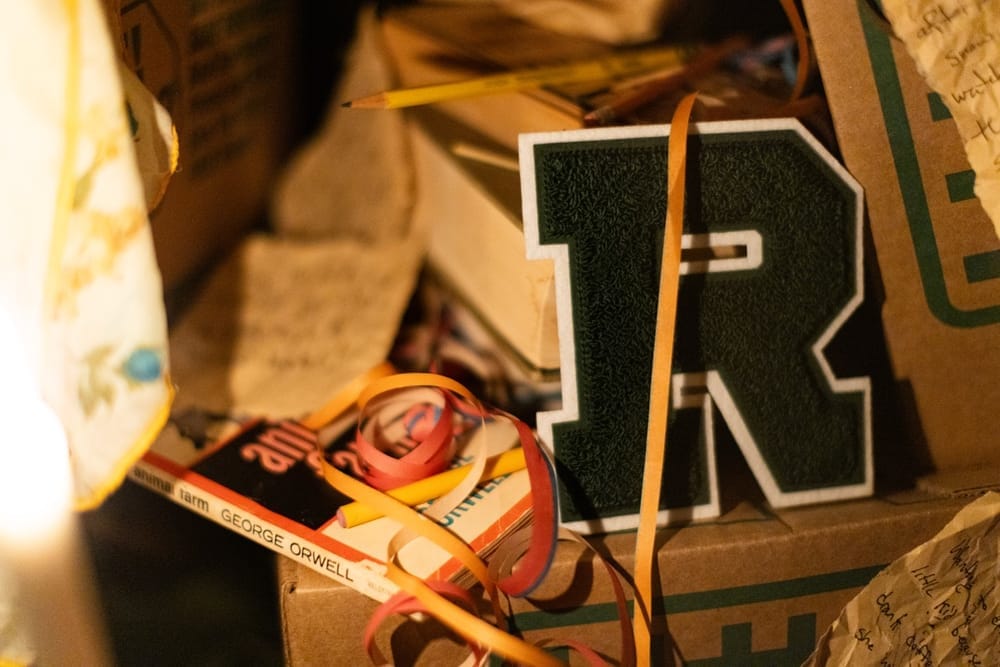
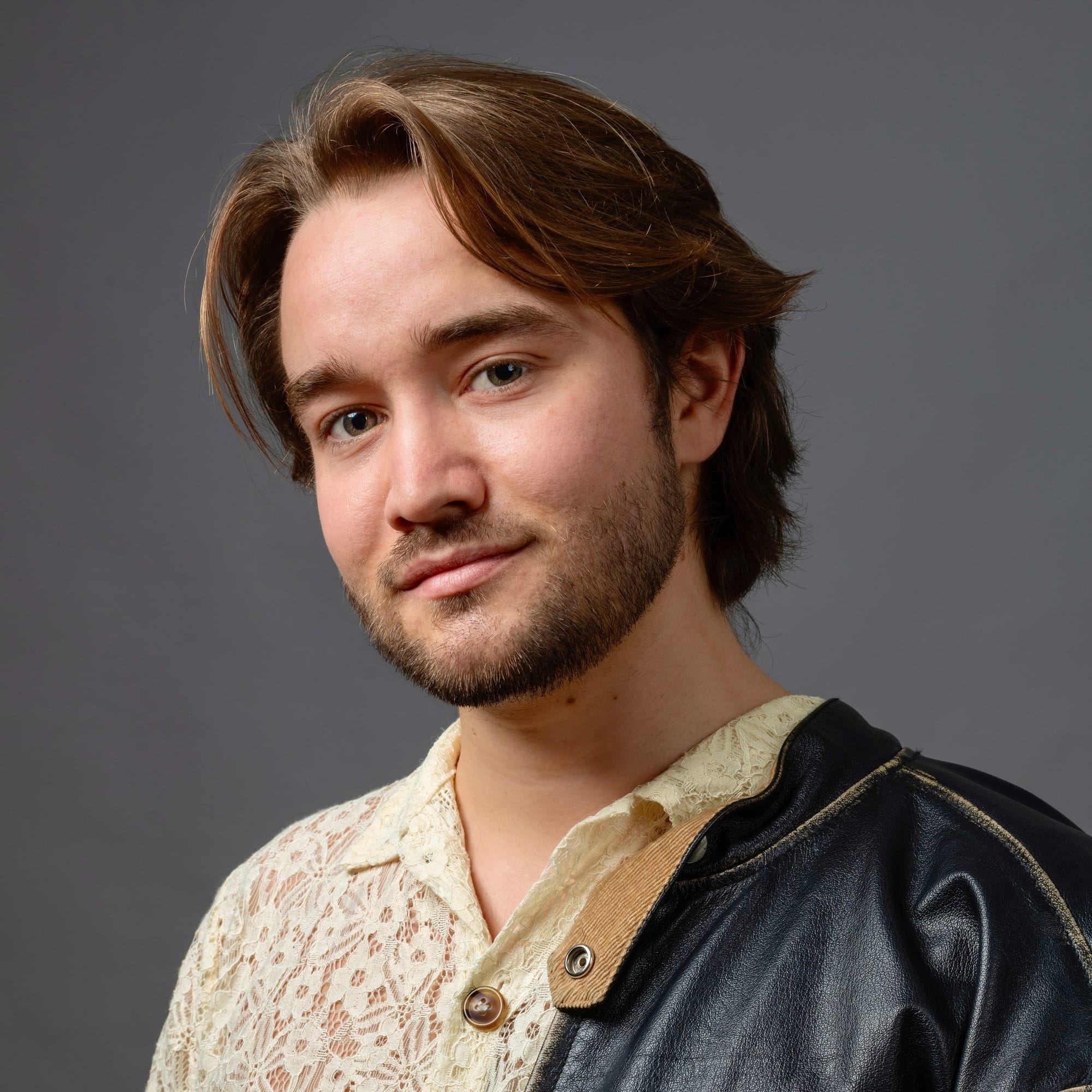
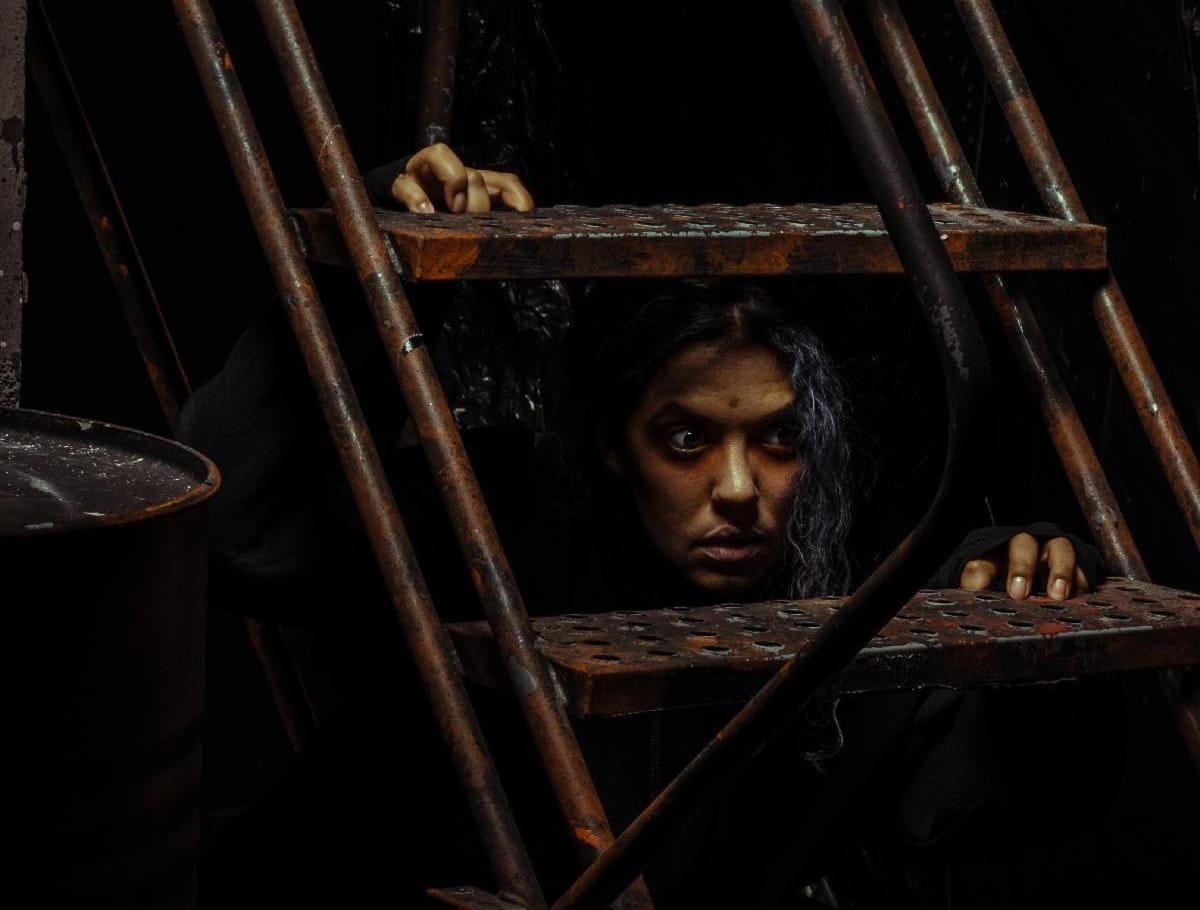
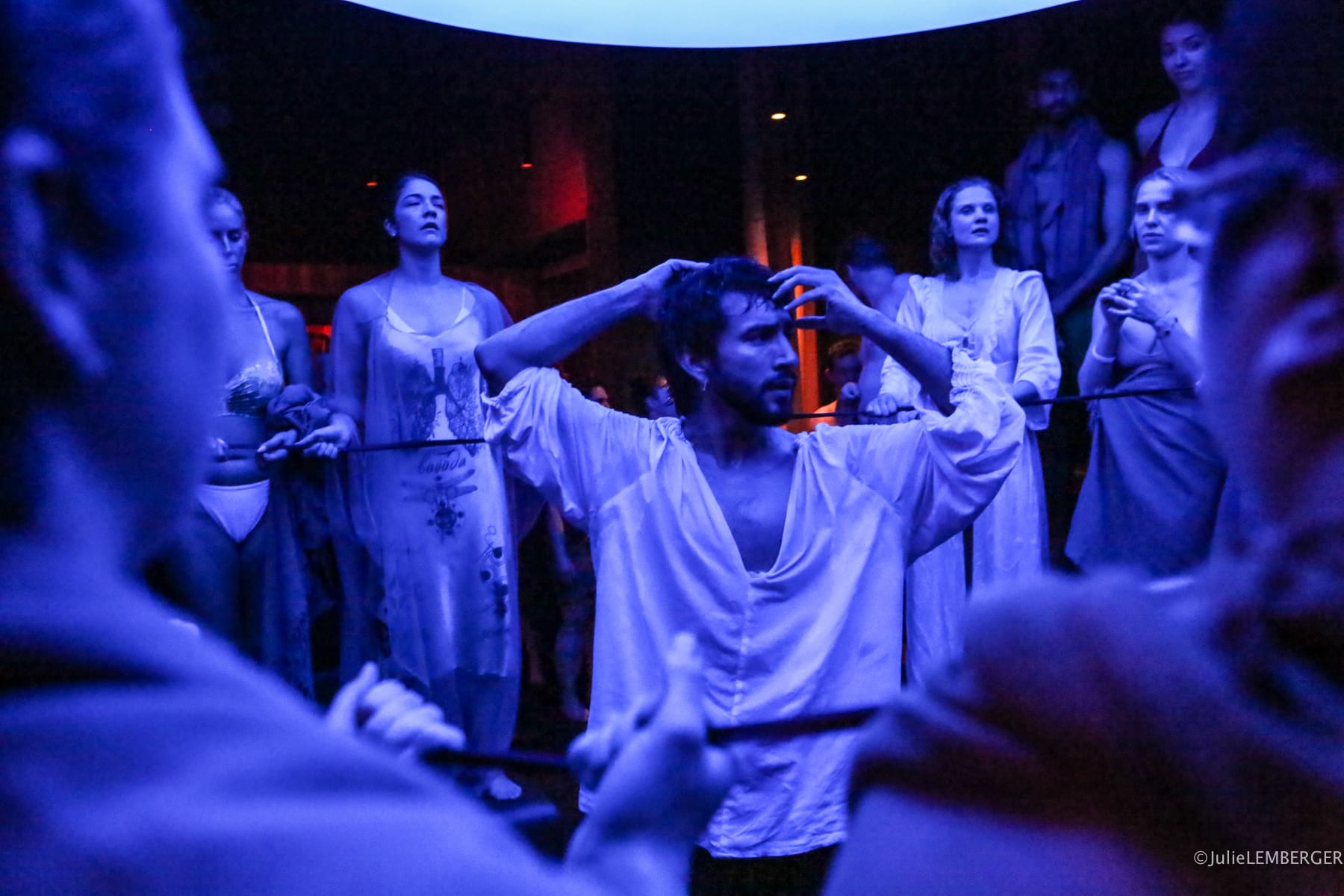
Discussion